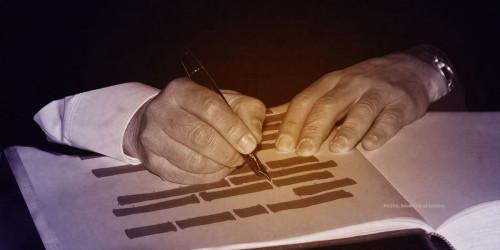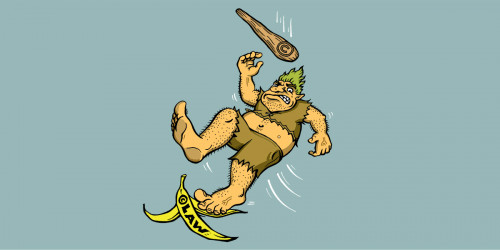Cynthia Webb of the Washington Post synthesizes the discussion about the new Pew study [PDF] reporting that while many artists believe file sharing should be illegal, they don't necessarily believe that 1.) it's actually hurting them, 2.) the RIAA lawsuits are doing anything to help the situation:
While the study, released yesterday by the Pew Internet & American Life Project, found that about half of the artists it surveyed think unauthorized file sharing should be illegal, it also concluded that "the vast majority do not see online file sharing as a big threat to creative industries. Across the board, artists and musicians are more likely to say that the internet has made it possible for them to make more money from their art than they are to say it has made it harder to protect their work from piracy or unlawful use," according to the study, which also found that "two-thirds of artists say peer-to-peer file sharing poses a minor threat or no threat at all to them."
"The study by US researchers ... suggests musicians do not agree with the tactics adopted by the music industry against file sharing. While most considered file sharing as illegal, many disagreed with the lawsuits launched against downloaders. 'Even successful artists don't think the lawsuits will benefit musicians,' said report author Mary Madden," BBC News reported in its summary of the study.
"When you listen to the arguments in Washington, it's very easy to think that the internet has been a disastrous technological development for artists and musicians," said Madden, as quoted by Wired News. "We found that [artists and musicians] overwhelmingly feel that the Internet has had a positive effect on their creative lives and careers. In general they're embracing the Internet as a tool in their creative lives."
Sound like a lot of artists would like to see the labels work on a real solution to the P2P problem -- that is, one that helps them get paid for their work. We can't say we're surprised.








